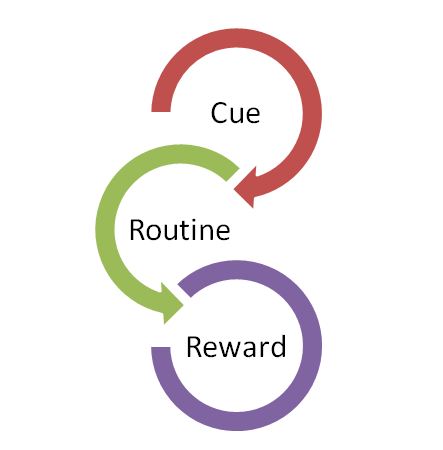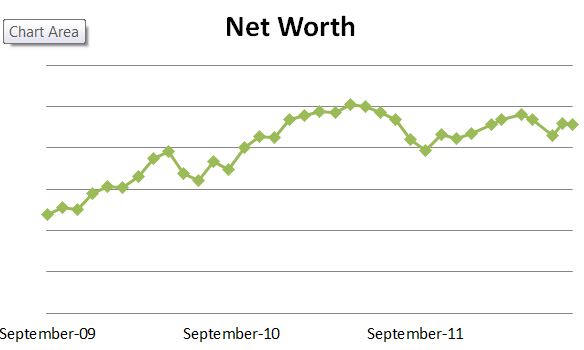Part 3 in the 3 part series Your Identity and Your Money. Find Part 1 here and Part 2 here.
As I was relating my upcoming plan to do a winter hike in the Grand Canyon to a friend, I admitted I was a little scared. “Scared? Really? What could you be afraid of?” he asked. “You’re not frightened” he tried to convince me, “you are just excited.”
This is exactly why I love spending time with young adults. He was honestly surprised at my fear. In considering his reaction, I understand his failure to empathize. At his age, I too was rarely afraid.
The few things that did cause anxiety for me at that age, heights and rats, were external. I cannot recall ever being immobilized by the fear of failure or the fear of rejection or the fear of a wrong choice.
My old fear of heights has mellowed greatly. I can climb ladders and ledges with just enough fear to keep me cautious. I am more affected by watching a child stand close to the edge or totter up a steep staircase than I am by my own exposure.
However, those internal, “What if I’m not strong enough? Smart enough? Good enough?” fears are much more present in my life today than when I was young.
Sometimes writing what should be something simple can stop me in my tracks for days.
Indecision, another byproduct of those internal fears, is my constant companion. My indecision and I frequently battle on a wide range of topics. Most days I can beat it back to the level of rational and helpful doubt, but sometimes it creates a full-blown fear fest waste of a whole day.
Certainly, some of this new fear is due to losing that big paycheck. Like many, a big part of my identity and self worth came as a paycheck. It was a monthly concrete validation of my worth in the world. In addition to the check, that job gave me a great feeling of accomplishment, most days. (It wasn’t all roses – there were significant daily challenges- but that’s another story).
Wrapping yourself in that paycheck is just as harmful and dangerous as measuring your worth by your stuff. One of the more harmful side affects of a paycheck identity is that it invites judgment of others. I’m ashamed to say that I have thought myself better than others because I earned more. You know what it means if you earn more than someone else does? It means you make more money – period. Are you more educated, a harder worker, smarter, or more talented? Maybe, or maybe not. There are many highly educated motivated talented people doing incredible work in fields that don’t pay that well. Conversely, there are plenty of jerks, greedy un-innovative (is that a word?) people that are raking it in.
God help those who think the best measure of their worth are the numbers on their paycheck. These poor souls are just about guaranteed to be sucker punched when they retire, quit or are let go.
I won’t kid you; some moments, I would eagerly trade the new half-baked “better” me for the judgmental decisive fearless a$$hole I used to be.
I tell you this to assure you that I understand that identity change is hard; there will be setbacks. Just know if you are struggling with this, I’m right there with you – everyday. Based on my observations, I think we are in good company.
So who are you?
In this series of posts, we’ve learned:
I am not my FICO score (regardless of how good or bad the number is).
I am not my car, boat, or house.
I am not the high tech toys, nice clothes, or brand name stuff I own.
I am not my bank balance.
I am not my job and certainly not the numbers on my paycheck.
I am a greatly loved child of God.
I am a mother, a lover, a daughter, a sister, an aunt and a friend.
I am kind, dependable, trustworthy, hard working and encouraging.
I am smart, curious, adventurous, and strong.
I am brave.
There – that should beat back those fears for a bit. Now it’s your turn.
Who are you?


 making it. The real problem came when the car needed maintenance or repair. The dealer’s service guys were always very polite and efficient. They would fix the car, wash it and deliver it back – usually with an invoice for over a $1000. A $1000 was a fortune to me at that time.
making it. The real problem came when the car needed maintenance or repair. The dealer’s service guys were always very polite and efficient. They would fix the car, wash it and deliver it back – usually with an invoice for over a $1000. A $1000 was a fortune to me at that time.
